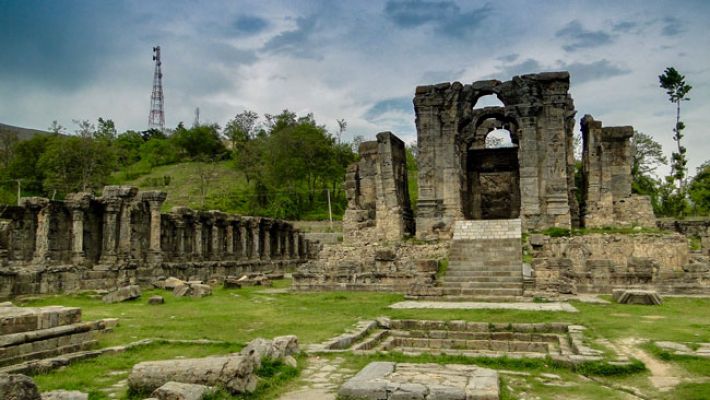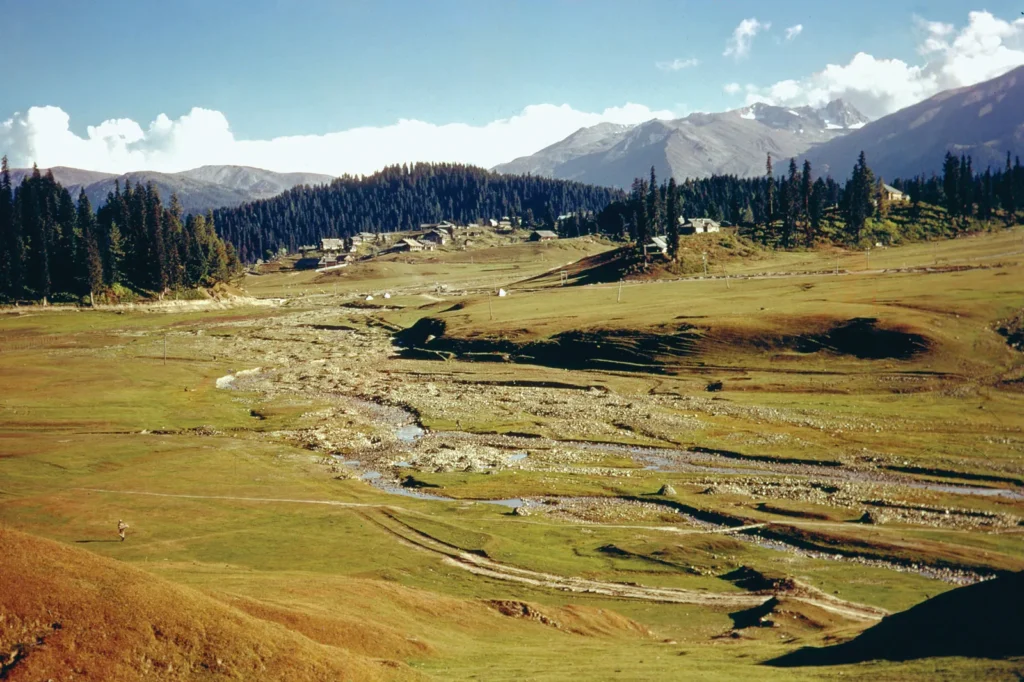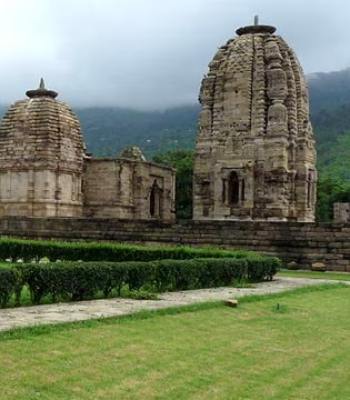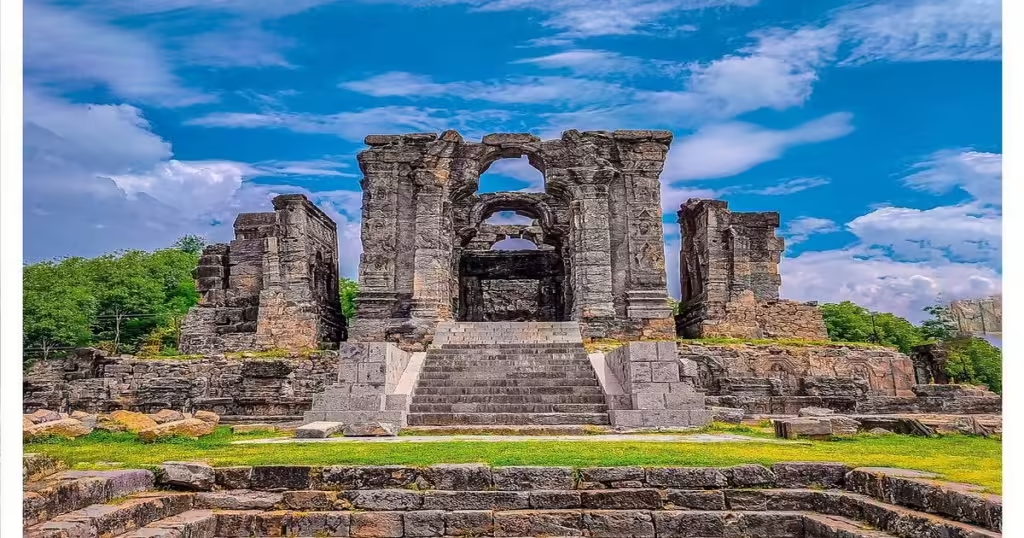Kashmir, a region of captivating beauty, is known not only for its scenic landscapes but also for its rich and diverse history. The historical significance of Kashmir dates back to centuries, and its cultural, political, and spiritual heritage has greatly influenced the subcontinent. From being the cradle of ancient civilizations to a hub of Sufi mysticism, Kashmir’s history intertwines with the rise and fall of various empires, religions, and cultures.
Ancient Kashmir: The Cradle of Civilizations


Kashmir’s historical roots trace back to the Vedic period. During this era, the region became a center of culture, philosophy, and art. The Nilamata Purana, an ancient text, describes Kashmir as a sacred land, revered for its spiritual significance. Over time, Kashmir emerged as a prominent center for Buddhism and later saw the rise of Hinduism.
Historical landmarks like the ancient Buddhist monastery at Achabal and the ruins of Harwan tell the story of Kashmir’s past as a center for Buddhism. Kashmir became home to Buddhist scholars like Dharmagupta and Vasubandhu, leaving a lasting impact on the region’s legacy.
The Sultanate and Mughal Influence


Kashmir’s historical significance also grew during the Sultanate of Kashmir (14th–16th centuries). This period saw the flourishing of arts, literature, and architecture. Muslim rulers, who held power during this time, made substantial contributions to the region’s history.
Under the patronage of Emperor Jahangir, the Mughal Empire greatly influenced Kashmir’s architectural heritage. The stunning gardens, including Shalimar Bagh, Nishat Bagh, and Chashme Shahi, still attract visitors worldwide, reflecting the region’s grand Mughal legacy.
To learn more about these historical landmarks in Kashmir, explore this informative article on Kashmir’s Historical Gardens.
Sufism and Kashmir’s Spiritual Legacy


The spiritual history of Kashmir holds a vital place in the region’s story. During the Sultanate, Sufism shaped Kashmir’s cultural and religious landscape. Mystical poets and saints such as Shah-e-Hamdan and Nur-ud-Din Noorani (Nund Rishi) played significant roles in promoting Sufi teachings. Their legacy continues to resonate today, as many Kashmiris follow the spiritual path laid by these revered figures.
Colonial and Modern Kashmir


Kashmir’s colonial past also shapes its history. In the 19th century, the British annexed the region, and the Dogra dynasty took control. The political and territorial boundaries of Kashmir became further complicated during the partition of India in 1947. Kashmir’s historical and geopolitical significance has turned it into a focal point for international discussions and conflicts.
Despite facing challenges in modern times, Kashmir remains a symbol of resilience and cultural richness.
Conclusion
Kashmir’s historical significance lies in its role as a cultural and spiritual crossroads of the Indian subcontinent. From ancient civilizations to its modern-day status, Kashmir has continuously evolved, influencing the cultural and political landscape. Whether through its Buddhist roots, Sufi legacy, or architectural marvels, Kashmir’s history stands as a testament to its vibrant past.






